Born in St. John’s, Newfoundland in 1959, Ann Colbourne studied at Memorial University before going on to Oxford to take a second undergraduate degree in theology. After medical school and a period as a general practitioner district medical officer on the southeast Labrador coast, she held a fellowship and residency at Mayo Clinic. Colbourne went on to establish the post of Senior Medical Director and Lead for Culture, Transformation and Innovation at Alberta Health Services while also holding the post of Clinical Professor of Medicine at the University of Alberta. She now works in volunteer roles across a number of medical and philanthropic organisations, including serving as one of the first two co-chairs of the Rhodes Society. This narrative is excerpted from an interview with the Rhodes Trust on 22 May 2024.
Ann Colbourne
Newfoundland & Corpus Christi 1980
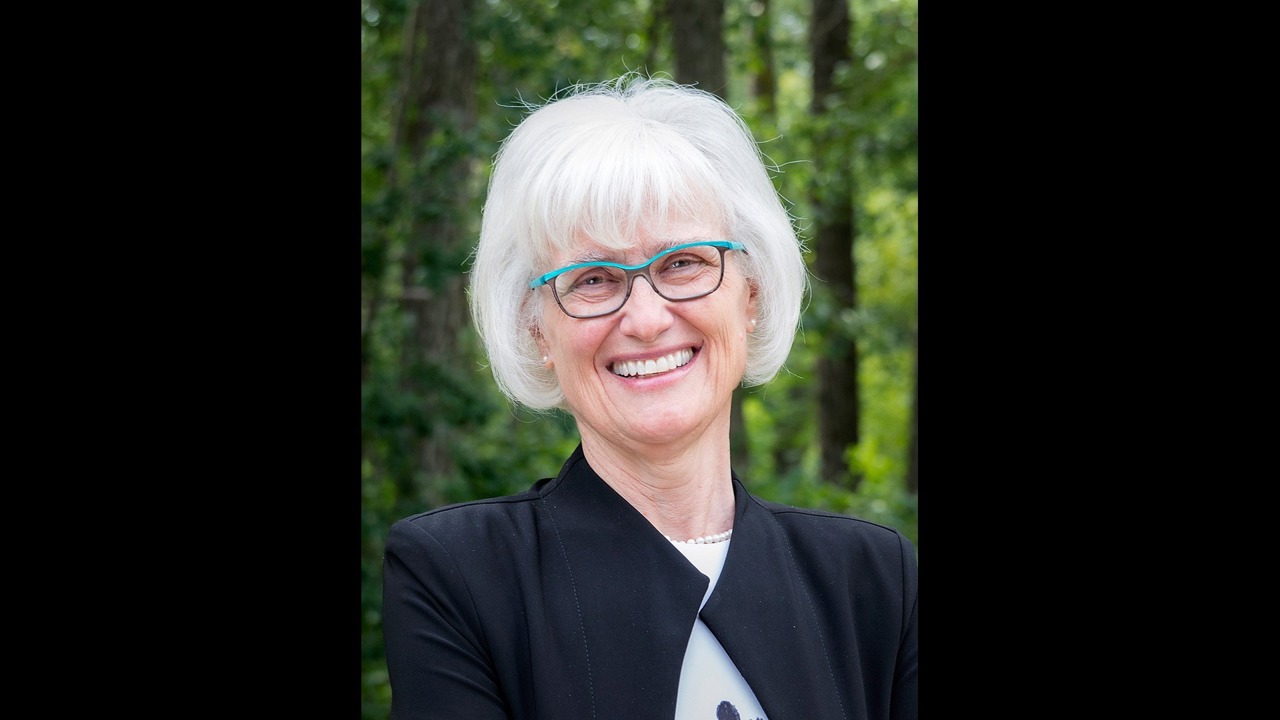
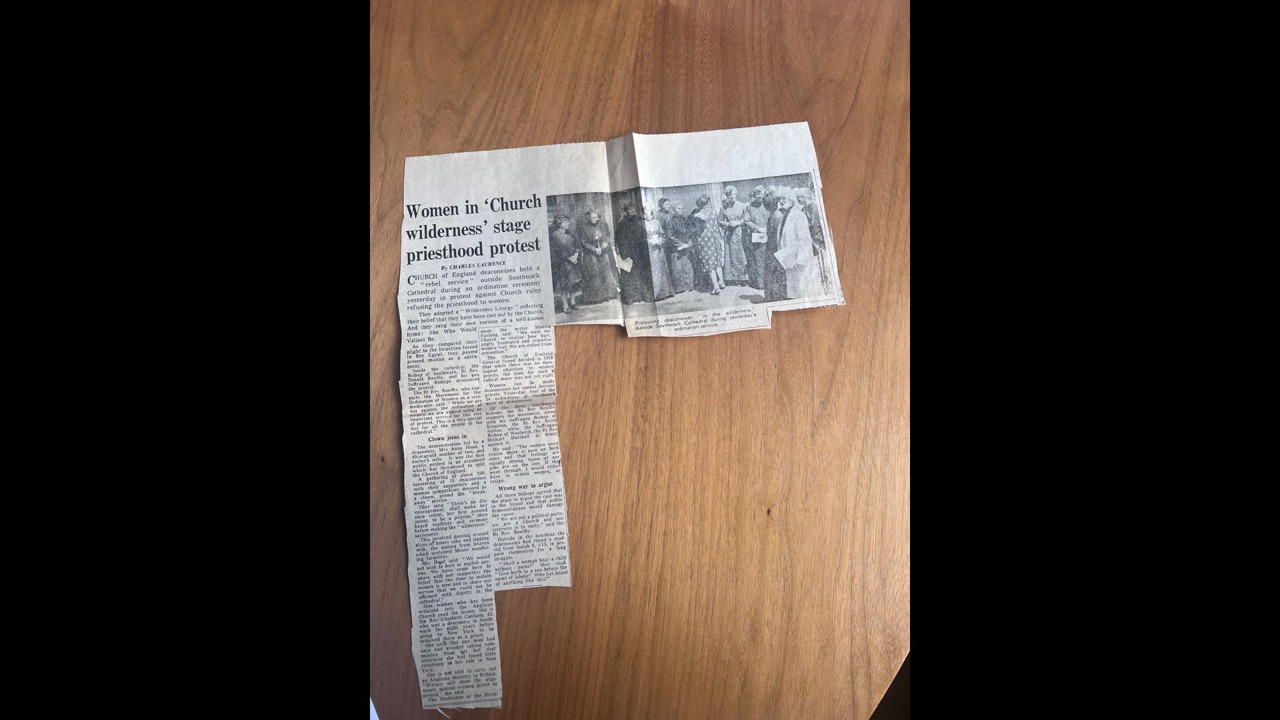
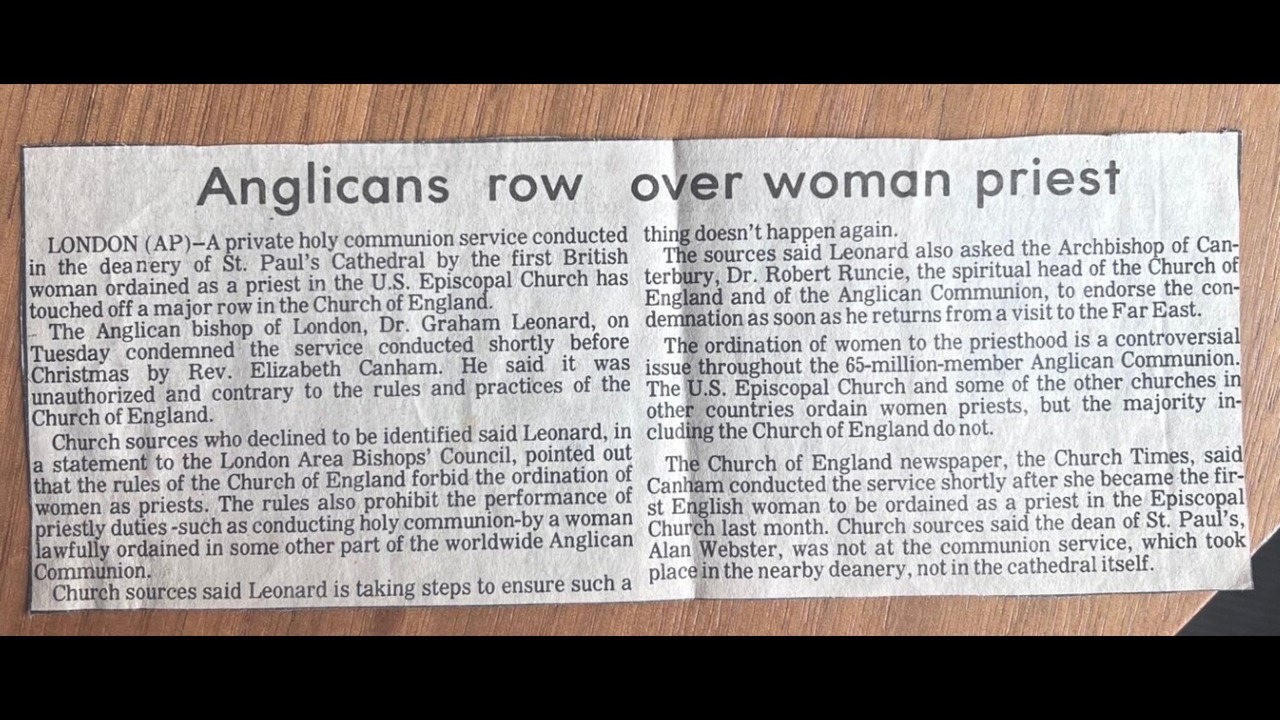
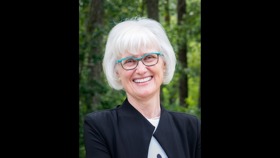
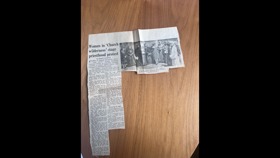
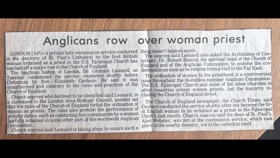
‘My emotional home is Newfoundland’
I’m always very proud to tell people that I was born in St. John’s, Newfoundland, the youngest province in Canada. In Newfoundland, the question ‘Where are you from?’ is very ingrained in our culture, and it’s one of the opening gambits in any conversation with people. So, I would say that my emotional home is Newfoundland. Historically the poorest province in Canada and settled primarily for the fishery, it’s an economy that was really born of the sea and born of the land. I would say that if you visit Newfoundland, even today, you can still sense a cultural affinity with Britain. People are very much of the earth and of the land, and there’s a simplicity and a pace of life that perhaps you wouldn’t find in a bigger city. I’m very grateful for that, and mindful of the fact that I was born into that kind of culture, but truly have only appreciated that as over my life I’ve moved away from it and have lived in other places and come to understand what it means.
I had wonderful parents. At the time my dad graduated from high school, only the rich kids when to university. So, his headmaster found him a job with a local businessman in wholesale plumbing and heating, and my father went on to own that business and then pass it to my brother and to me. My mom was a full-time mom, and our home was filled with love and nurturing and predictability. Though we might not have always had what we wanted, we always had what we needed. For me, family means that sharing and caring, and that extends to friends and also to the Rhodes community. As Rhodes Scholars, that we have that shared experience over time and that means I feel like I have a big family all over the world.
On applying for the Rhodes Scholarship
My first university degree was in biochemistry at Memorial University in Newfoundland. One part of it that I especially enjoyed was organic chemistry, and the professor who taught a significant part of that course over my time there used to walk by me and go, ‘Oh, there’s a Rhodes Scholarship. You need to apply for that.’ I would just laugh at him and go, ‘No, I don’t think so,’ because although I’d heard of the Scholarship, the people who had held it were all of such high esteem, and all men.
So, it was a bit like dripping water. It took a few times for this professor to get into my head that this was an opportunity I might want to apply for. I didn’t think there was a realistic chance of getting it, and the notion of moving to England was also quite a leap. The application process was interesting. It gave me the chance to reflect, and I think what I wrote in my personal statement is still, at its core, true. It is who I was, it is who I am, and the beast hasn’t changed its true nature. I remember the interview process, and also the chance, as part of that, to meet the committee and the other candidates. It was just a very nurturing, wonderful, affirming experience for me. Still, I was sure I wouldn’t get the Scholarship, and when the chair of the committee telephoned me and said he was pleased to inform me that they’d chosen me, my response was, ‘Are you sure?’
‘I pinched myself every day’
When I arrived at Oxford, I’d been admitted to read medicine, but within the first week, I’d already begun to think about exploring other areas. I went to see the Warden and asked whether I could change to studying philosophy and physiology (PPP). And then, after a term of that, I realised that what I really wanted to study was theology, because at home, I’d been teaching Sunday School, and I was interested in understanding those truths at an academic and intellectual level. I was fortunate that I was allowed to switch degrees again, and also that the Rhodes Trust funded an extra year for me to get up to speed, because I had no background in theology. The time and space to explore new things was one of the greatest gifts that the Scholarship gave me. It allowed me step outside of the pathway of, ‘I’m Ann Colbourne and I’m going to be a doctor,’ which I’d been saying since I was five.
All through my time at Oxford, I couldn’t believe I was in this place of enormous history and interesting conversations and incredibly interesting people. I pinched myself every day, and I remember I carried with me the words of the president of Memorial University, Moses Morgan (Newfoundland & New College 1938), a Rhodes Scholar, who’d said to me, ‘Don’t worry about the class of your degree. Enjoy the experience.’ One of ways I followed that advice was by taking up rowing. I’d been in boats my whole life, but I’d never rowed crew. Early mornings on the river, come rain, shine or snow, it was a wonderful time. And the thing about rowing is that, for me, it became the framework for almost everything that came afterwards in terms of teamwork. It’s not about eight people and a cox in a boat. It’s about becoming one, rowing in the same direction, and that analogy, particularly with leadership roles – common purpose, common goals – has been crucial. It was also a lot of fun, not least because of the cream teas we enjoyed in the Randolph Hotel. Our slogan was, ‘Calories mean victory!’
‘Part of a linear progression’
Without the Rhodes Scholarship, I definitely think I would have followed a much more conventional medical career path. After Oxford, I did go back to medical school in Canada, but I’d actually thought of becoming a minister in the Anglican church and came very close to doing that. It’s not for me to say, but I hope that the time I spent thinking deeply about spirituality and what it means to be human has helped me to approach the medical encounters with those I’ve had the privilege to care for in a more meaningful way. Studying theology felt like a big detour at the time, but I look back now and see everything that happened at Oxford as part of a linear progression to the work I’ve been able to do.
My first full-time job in medicine was as a general practitioner district medical officer on the southeast Labrador coast. I served four nursing stations in communities that were not connected in any way by road, so I would fly in or, when the ocean in the bays froze in the winter, I would travel by snowmobile. This was ultra low-tech medicine and it helped me understand what social health determinants really mean. When I went on to Mayo Clinic, which was ultra high-tech, I held on to what I’d learned in that first job, and that stayed with me right into my later roles where I was looking at making meaningful organisational change in medical care. I’ve had tangible leadership roles across all the layers of policy, governance, leadership and clinical service, which isn’t that common in the medical world. It’s all about mobilising communities of people. In Alberta, creating a model of care for a brand new healthcare system, we worked collaboratively on shifting from, ‘What’s the matter with you?’ to ‘What matters to you?’
‘Meaningful impact over time’
To today’s Rhodes Scholars, I would say, looking back from the sixth decade of my life: live with purpose. Use your talents for good. Your intentions, words and actions matter. There are three questions that became pivotal to me in the final five years of my working life, and that I continue to ask myself in my volunteer roles now: first, am I deriving pleasure and fulfilment from what I’m doing? Second, am I adding value? And third, am I valued for what I bring?
In many ways, I’ve done the giving back part of my work. What I look to now is paying it forward. For me, that’s what the Rhodes Society is about. We’re a collection of individuals who have named the Rhodes Trust in our wills or estate plans. Cecil Rhodes’s legacy is actually all of us who have reaped the benefit of the Scholarships that he established. I have faith in the Rhodes Trust, and I know a gift from my estate will continue to have meaningful impact over time.
